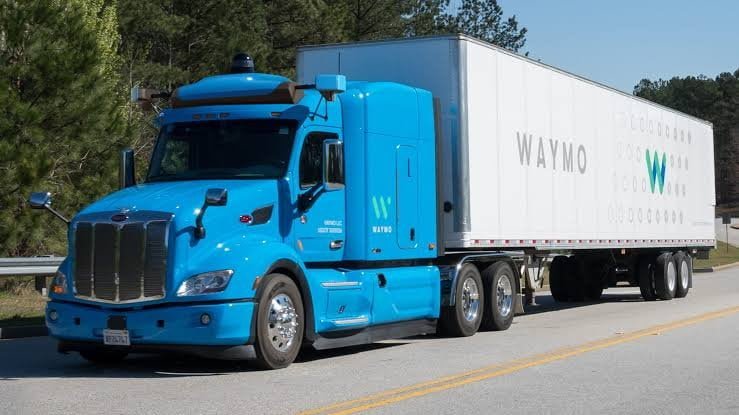Waymo Lays Off Staff as Alphabet Announces 12000 Job Cuts – Alphabet’s self-driving technology unit Waymo has reportedly laid off workers on Monday, as per sources such as The Information, LinkedIn, and Blind. These job cuts at the autonomous vehicle company come in the wake of recent layoffs at Alphabet and Google. It’s not yet clear how many of Waymo’s staff will be affected, and Waymo said it would be “a limited number of roles.” Based on posts from former employees, workers across the board were let go — from engineers working on perception and motion control to recruiters to fleet and vehicle technicians.
A source familiar with the matter told news outlet Waymo is killing its trucking program, Waymo Via. Workers posting on Blind, a forum where verified professionals post about company layoffs, said many of the affected staffers were working on “Husky,” which they say was the code name for Waymo Via. Waymo stated that it is not shutting down Via and is still committed to expanding its freight trucking solution. However, the company has decided to slow down its deployment of fully autonomous technology for freight trucking.
People Also Read: San Francisco Landlord Sues Elon Musk’s Twitter for Millions in Unpaid Rent
They will continue to work on their “Driver” technology, which can be used for both ride-hailing and trucking on freeways. Reading news about company layoffs isn’t at all surprising in 2023 after the year we just had. Most companies, including Alphabet, find themselves course-correcting after hiring for a different economic reality than we find ourselves in today. Last week, Alphabet cut 6% of its global workforce, or around 12,000 people, including, we’re now learning, part of Waymo’s team. Area 120, Google’s in-house incubator, was also significantly affected by the layoffs.
It appears that Waymo’s cuts may be due to more than just general economic issues affecting technology companies. Following Argo AI’s shutdown last year, investors and OEMs have become more cautious about the future of autonomous vehicles, particularly in the short term. Developing self-driving technology is a difficult and costly endeavor. Additionally, autonomous trucking competitor TuSimple also recently laid off 25% of its staff to streamline operations and stay afloat. As part of this restructuring, TuSimple has also decided to scale back expansion in unprofitable trucking lanes.
Waymo currently runs several robotaxi programs in California and Arizona, and recently reached the milestone of opening driverless rides to the Phoenix airport to members of the public. If Waymo is indeed cutting or scaling back its trucking program, it will be able to redirect resources to robotaxi efforts so it can better compete with Cruise, the General Motors subsidiary that is neck-and-neck with Waymo in terms of technological progress.
Waymo, with its 2,500 employees, has the largest headcount of Alphabet’s side projects. The unit doesn’t generate nearly enough revenue to cover its massive losses, which include the costs of developing proprietary hardware like lidar, machine learning models to train the “drivers” and cloud computing to analyze data captured by vehicles. Not to mention the costs of dealing with massive headaches like the crash of one of Waymo’s autonomous semi-trucks last May.
Waymo doesn’t have a dedicated line on Alphabet’s balance sheet, but the parent company’s third-quarter earnings last year show a 27% drop in profits compared to 2021. The biggest loss-makers for the company were Google Cloud and “other bets,” under which Waymo falls. Other bets, which also includes the Wing drone delivery project, lost $1.6 billion, which is up from $1.29 billion lost the year prior.
People Also Read: Amazon Launches Freight Service Air In India
Waymo’s main revenue stream today comes from its robotaxi services in California and Arizona. In November, Waymo began charging for fully driverless rides in San Francisco and in downtown Phoenix, but the company has been working with paying customers in Chandler, Arizona for a few years. Waymo’s current and future pilots with trucking partners, like C.H. Robinson, J.B. Hunt and Uber Freight, are likely not yet bringing in any revenue, but the company wouldn’t confirm or deny this speculation.




